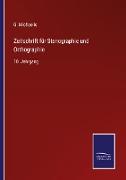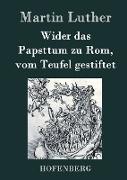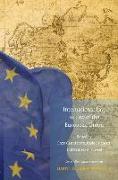- Start
- Looseleaf for American Cinema/American Culture
Looseleaf for American Cinema/American Culture
Angebote / Angebote:
This book introduces the reader to basic issues related to the phenomenon of American cinema. It looks at American film history from the 1890s through the spring of 2020, but it does not always explore this history in a purely chronological way. In fact, it is not (strictly speaking) a history. Rather, it is a cultural history, which focuses more on topics and issues than on what happened when. It begins with a profile of classical Hollywood cinema as a unique economic, industrial, aesthetic, and cultural institution. It considers the experience of moviegoing, the nature of Hollywood storytelling, and the roles played by the studio system, the star system, and film genres in the creation of a body of work that functions not only as entertainment but as a portrait of the relationship between an American national identity and an industrialized mass culture that has slowly evolved over the past century. This book assumes that the reader has little or no formal training in film history, theory, or aesthetics. It presents fairly basic concepts in such a way as to encourage discussion, not so much of individual films, but of films in general. For this reason, the book concentrates on large groupings of films-on genres, topics, and periods of film history. This textbook differs from the more traditional histories of the cinema for certain specific and important reasons. Over the past fifty years, the field of film study has undergone a tremendous transformation. This change has been spearheaded by the work of a new generation of scholars who challenge the traditional way in which film history has been written and taught. Introduction to Film courses that, fifty years ago, taught film as art, drew heavily upon the approaches of New Criticism. Contemporary film courses now teach film not only as art but also as film, and they attempt to situate film as an art form within a larger industrial, economic, social, and cultural context. They rely heavily on cultural studies, new historicism, psychoanalysis, and other contemporary critical disciplines. Film history texts have changed over the years as well. In the past, histories consisted of simple, chronological accounts of who-did-what and what-happened-when, and of the stories of great men (sic) and their achievements, and of straightforward accounts of the influence of technology and economics on the course of a history that unfolds in a linear fashion up to the present. More recently, film scholars have begun to rewrite these traditional histories, creating what Thomas Elsaesser refers to as "the New Film History." At its best, this history is driven by a sophisticated, theoretically informed revisionism. It simply refuses to accept the easy answers to basic historical questions that had been offered up by past historians. With the initial publication of American Cinema/American Culture in 1994, the methods and discoveries of "the New Film History, " were applied to an introductory level text surveying the history of the American cinema"--
Fremdlagertitel. Lieferzeit unbestimmt




